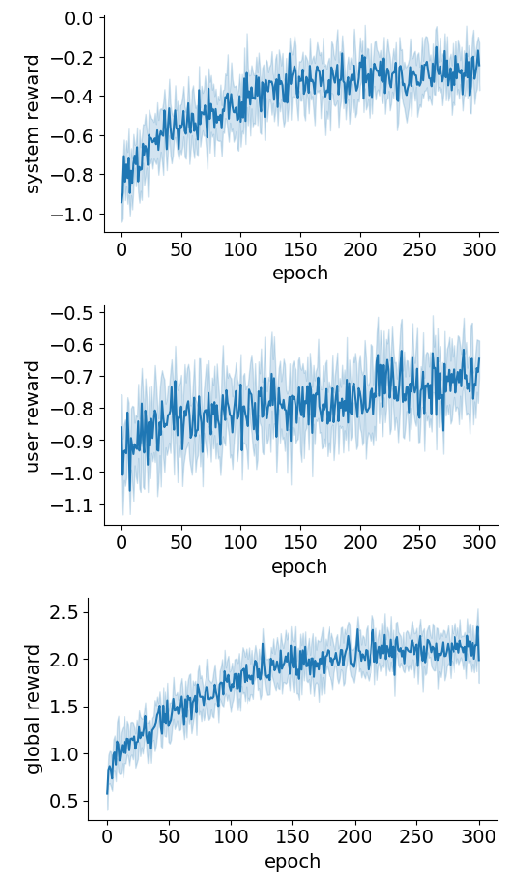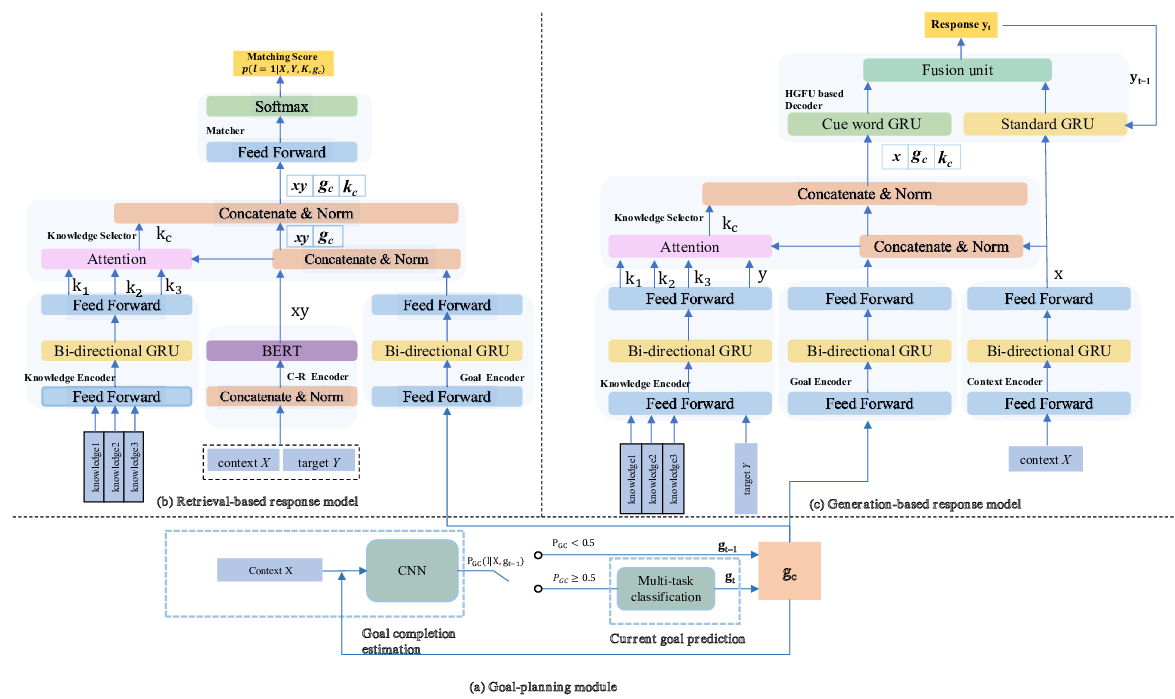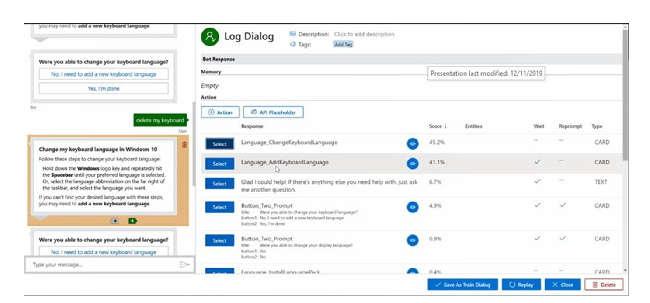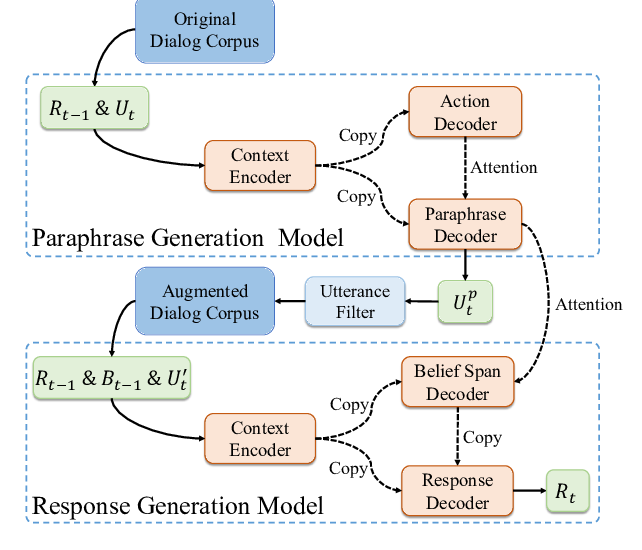Conversational Graph Grounded Policy Learning for Open-Domain Conversation Generation
Jun Xu, Haifeng Wang, Zheng-Yu Niu, Hua Wu, Wanxiang Che, Ting Liu
Dialogue and Interactive Systems Long Paper
Session 3B: Jul 6
(13:00-14:00 GMT)

Session 5B: Jul 6
(21:00-22:00 GMT)

Abstract:
To address the challenge of policy learning in open-domain multi-turn conversation, we propose to represent prior information about dialog transitions as a graph and learn a graph grounded dialog policy, aimed at fostering a more coherent and controllable dialog. To this end, we first construct a conversational graph (CG) from dialog corpora, in which there are vertices to represent ``what to say'' and ``how to say'', and edges to represent natural transition between a message (the last utterance in a dialog context) and its response. We then present a novel CG grounded policy learning framework that conducts dialog flow planning by graph traversal, which learns to identify a what-vertex and a how-vertex from the CG at each turn to guide response generation. In this way, we effectively leverage the CG to facilitate policy learning as follows: (1) it enables more effective long-term reward design, (2) it provides high-quality candidate actions, and (3) it gives us more control over the policy. Results on two benchmark corpora demonstrate the effectiveness of this framework.
You can open the
pre-recorded video
in a separate window.
NOTE: The SlidesLive video may display a random order of the authors.
The correct author list is shown at the top of this webpage.
Similar Papers
Multi-Agent Task-Oriented Dialog Policy Learning with Role-Aware Reward Decomposition
Ryuichi Takanobu, Runze Liang, Minlie Huang,

Towards Conversational Recommendation over Multi-Type Dialogs
Zeming Liu, Haifeng Wang, Zheng-Yu Niu, Hua Wu, Wanxiang Che, Ting Liu,

Conversation Learner - A Machine Teaching Tool for Building Dialog Managers for Task-Oriented Dialog Systems
Swadheen Shukla, Lars Liden, Shahin Shayandeh, Eslam Kamal, Jinchao Li, Matt Mazzola, Thomas Park, Baolin Peng, Jianfeng Gao,

